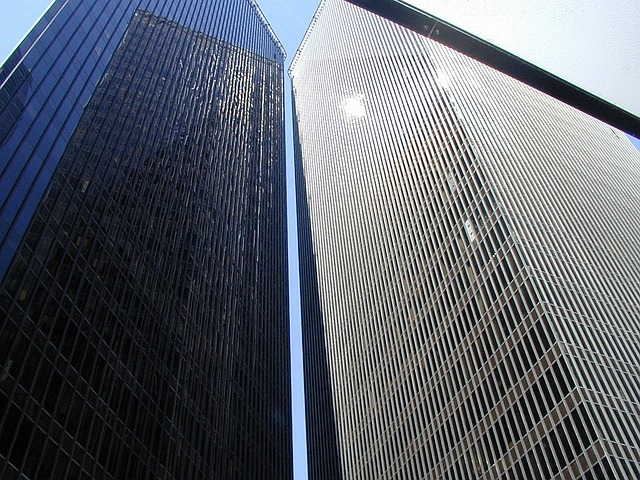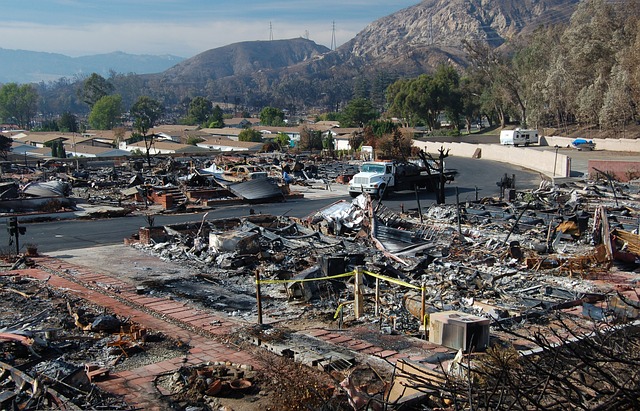In the competitive Houston real estate market, buying and selling fire-damaged properties offers unique investment opportunities despite challenges like legal protections, financial complexities, and practical hurdles. Strategic marketing, careful inspections, and understanding local regulations can make these transactions lucrative while ensuring compliance with Texas laws and safety standards.
“Texas, particularly the vibrant city of Houston, has seen a surge in distressed property sales. This article delves into the intricate world of these sales, focusing on both general insights and specific considerations for navigating fire-damaged property transactions in Houston. Understanding distressed properties is crucial for investors and buyers alike, as it offers unique opportunities but also presents legal, financial, and practical challenges. By exploring these aspects, we aim to provide valuable guidance for those engaged or interested in the Houston market.”
- Understanding Distressed Property Sales: A Deep Dive into the Houston Market
- Navigating Fire-Damaged Property Sales: Legal, Financial, and Practical Considerations in Houston
Understanding Distressed Property Sales: A Deep Dive into the Houston Market

In the competitive real estate market of Houston, distressed property sales present a unique opportunity for buyers seeking valuable investments. Distressed properties, including those damaged by fire, are homes or buildings that have been repossessed by banks or lenders due to foreclosure or default on loan payments. These properties often require significant repairs and renovations but can offer substantial savings compared to traditional listings. Houston’s vibrant real estate landscape attracts both local investors and outsiders, making the market dynamic and diverse.
Selling fire-damaged property in Houston requires a deep understanding of the local regulations and rebuilding processes. Buyers must assess not only the structural damage caused by fires but also the potential for environmental hazards like asbestos or lead paint. The city’s strict building codes and permitting processes ensure that renovated properties meet safety standards, but they also add complexity to the selling process. Nonetheless, with careful inspection, strategic marketing, and potentially lower initial offers, buying fire-damaged property in Houston can be a lucrative venture for those willing to tackle the challenges involved.
Navigating Fire-Damaged Property Sales: Legal, Financial, and Practical Considerations in Houston

Navigating Fire-Damaged Property Sales in Houston involves a complex web of legal, financial, and practical considerations for both sellers and buyers. When a property experiences fire damage, it not only affects the physical structure but can also create significant challenges during the sales process.
From a legal standpoint, Texas laws regarding fire-damaged properties offer protections to homeowners, ensuring they receive fair compensation. However, sellers must disclose any known issues, including fire damage, to potential buyers. Financial aspects include assessing repair costs versus the property’s diminished value after a fire. Practical considerations, such as obtaining permits for repairs and managing insurance claims, can add layers of complexity. Understanding these nuances is essential for anyone involved in selling fire-damaged property in Houston to ensure a smooth and compliant transaction.
In conclusion, understanding distressed property sales, particularly fire-damaged properties in Houston, is crucial for both buyers and sellers. Navigating these transactions requires legal awareness, financial prudence, and practical sensitivity. By recognizing the unique challenges and opportunities presented by these sales, individuals can make informed decisions in the competitive Houston market, ensuring favorable outcomes for all involved parties when selling fire damaged property Houston.






